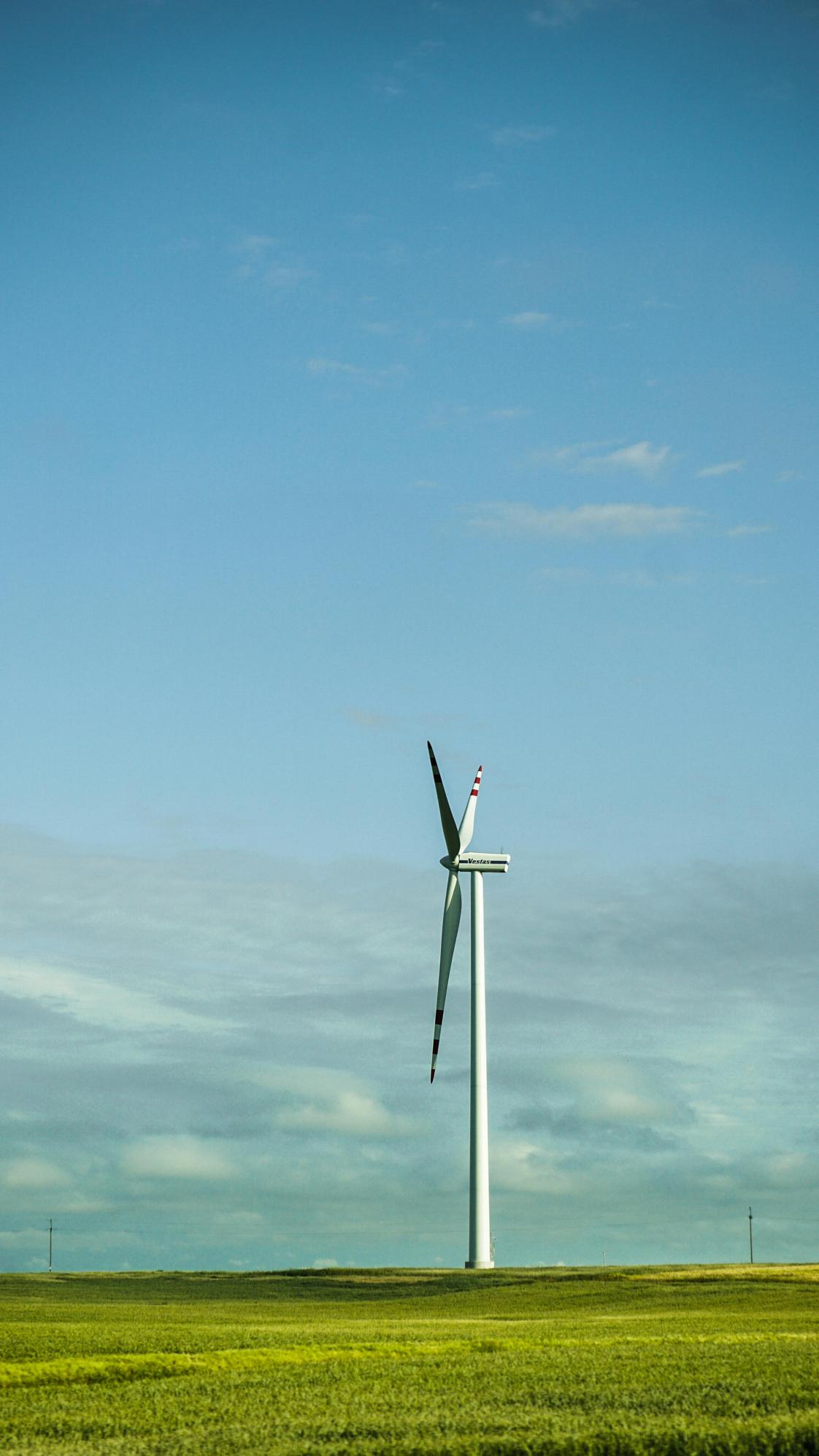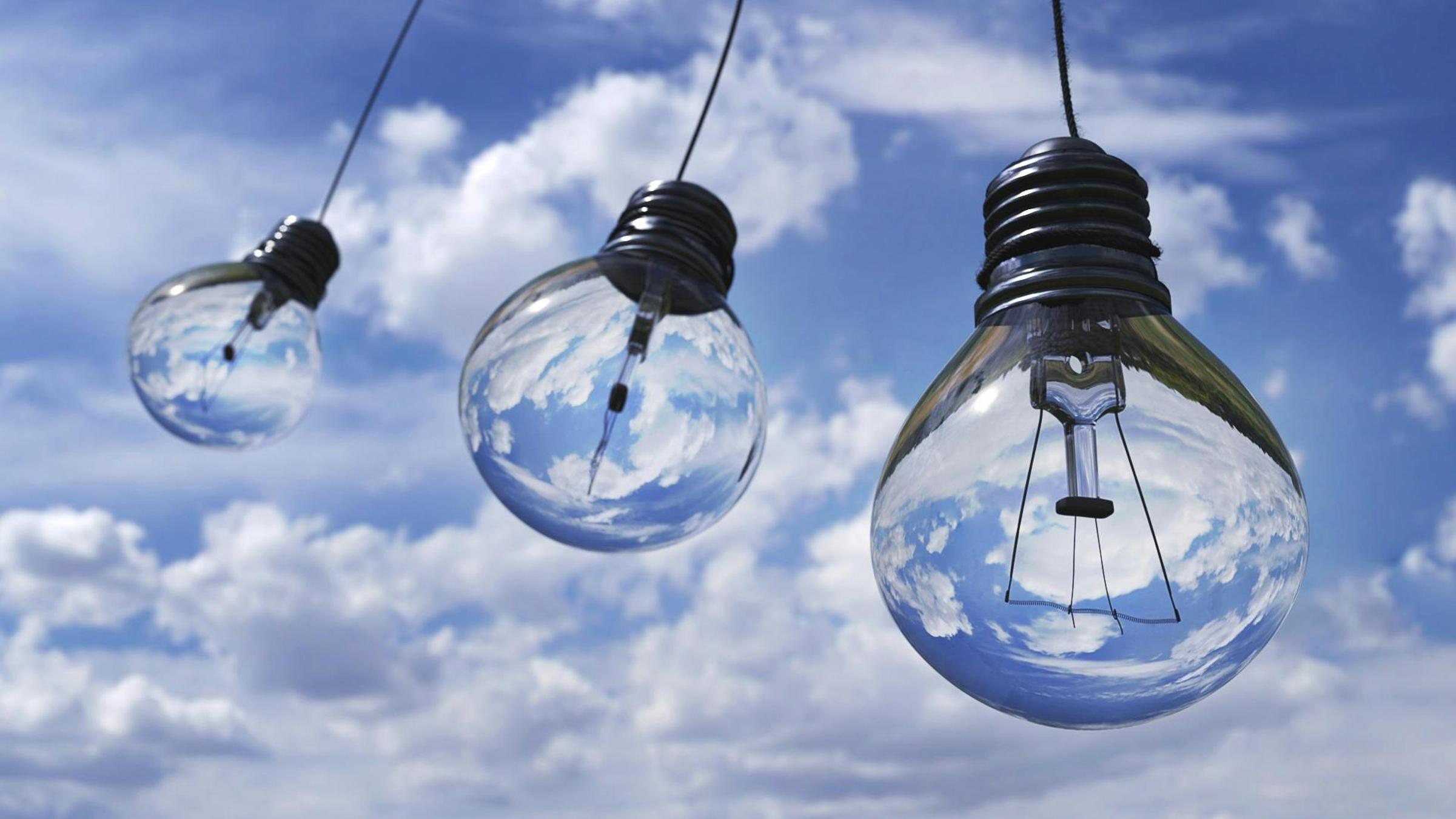How Much Electricity Does an Air Purifier Use?
Introduction
Understanding how much electricity an air purifier uses is essential for making informed decisions about your home’s energy efficiency. While these devices can significantly improve indoor air quality, it’s crucial to know their impact on your electricity bill. In this article, we’ll explore the energy consumption of air purifiers, factors that influence their usage, and practical tips to minimize electricity costs while maintaining optimal air quality.

Understanding Energy Ratings of Air Purifiers
Energy ratings provide a quick reference for the electrical consumption of household appliances, including air purifiers. Most units come with an Energy Star certification, which indicates their energy efficiency compared to non-certified models. The energy rating is typically displayed via wattage on the device or in the product manual.
Understanding these ratings is important because the wattage indicates the power used per hour. For example, a 50-watt air purifier uses 50 watts of electricity per hour of operation. Over time, this energy usage adds up, affecting your monthly bill. Knowing the energy rating can help you choose models that are cost-efficient and align with your energy-saving goals.
Factors Influencing Air Purifier Energy Consumption
Size and Capacity
The size and capacity of an air purifier directly influence its energy consumption. Larger units designed for bigger spaces will naturally consume more electricity than smaller units meant for confined areas. Hence, selecting an appropriately-sized air purifier based on your room’s dimensions can optimize energy usage.
Usage Time and Frequency
The longer and more frequently you use your air purifier, the more electricity it will consume. Continuous operation can lead to significant energy usage, so it’s beneficial to use these devices selectively. Running your purifier during peak hours of air pollution or allergens can help manage electricity costs.
Air Quality Sensor and Fan Speed
Many modern air purifiers come with air quality sensors and adjustable fan speeds. Units with sensors will automatically adjust the fan speed based on air quality, optimizing energy consumption. Higher fan speeds will use more power, while lower speeds conserve energy. Understanding how to utilize these settings will help you manage your electricity usage effectively.
Average Electricity Consumption of Different Air Purifier Models
On average, air purifiers consume between 10 to 100 watts of electricity, depending on the model and settings. For instance:
- Small Desktop Air Purifiers: These typically use about 10-30 watts.
- Medium-Sized Room Air Purifiers: They generally consume between 30-60 watts.
- Large Whole-House Air Purifiers: These can use up to 100 watts or more.
Comparing different models and their electricity consumption can guide you in selecting an energy-efficient unit tailored to your needs.
Comparing Air Purifiers with Other Household Appliances
It’s helpful to compare the energy consumption of air purifiers with other common household appliances to put things in perspective. For example:
- Refrigerators: Typically use between 100-150 watts continuously.
- Fans: Use around 50-100 watts, depending on the speed settings.
- Televisions: Consume approximately 50-200 watts based on size and type.
This comparison shows that air purifiers, especially smaller and medium-sized models, are relatively low in energy consumption compared to other household appliances.

Cost Calculation: Estimating Monthly and Yearly Expenses
To estimate the cost, you need to know the wattage of your air purifier and your electricity rate. Here’s a simple calculation method:
- Determine Daily Usage: Multiply the wattage by the number of hours used per day.
- Convert to Kilowatt Hours (kWh): Divide by 1,000 to get the daily kWh.
- Calculate Costs: Multiply the daily kWh by your electricity rate (per kWh).
For example, if you use a 50-watt air purifier for 8 hours daily at a rate of $0.12 per kWh:
50 watts * 8 hours = 400 watt-hours/day.
400 watt-hours/1,000 = 0.4 kWh/day.
0.4 kWh * $0.12 = $0.048 daily, or $1.44 monthly and $17.52 yearly.
This calculation gives a clear understanding of the financial impact of using an air purifier.
Tips to Minimize Electricity Usage
Managing electricity consumption efficiently can help you save money without compromising air quality:
- Select Energy-Efficient Models: Opt for units with an Energy Star rating.
- Optimize Usage Time: Use your air purifier during peak pollution hours rather than continuously.
- Regular Maintenance: Clean or replace filters regularly to ensure the unit operates efficiently.
- Utilize Auto Modes: Leverage air quality sensors and auto modes to adjust settings dynamically.
- Right-Sized Units: Choose an air purifier sized appropriately for your space.
Balancing Energy Efficiency and Air Quality
While it’s critical to focus on energy efficiency, don’t compromise on air quality. Balancing these aspects involves selecting a unit that offers efficient energy use without sacrificing performance. Look for models that provide detailed information on air quality improvements and energy consumption.
Additionally, maintaining proper airflow in your home through regular cleaning and ventilation can reduce the need for continuous purifier operation, further lowering energy consumption.

Conclusion
Understanding the electricity consumption of air purifiers helps in making informed decisions to enhance indoor air quality efficiently and economically. By considering factors like size, usage patterns, and energy ratings, you can select the most suitable air purifier. Practical tips and cost estimation methods further guide you to manage and reduce your energy bills.
Frequently Asked Questions
Do air purifiers use a lot of electricity?
Generally, air purifiers don’t use a lot of electricity, especially smaller models. They are designed to be energy-efficient while maintaining high performance.
Can using an air purifier increase my electricity bill significantly?
Air purifiers can slightly increase your electricity bill, but the impact is usually minimal. Opting for energy-efficient models and optimizing usage can control these costs effectively.
What are the most energy-efficient air purifiers available?
Energy Star-certified air purifiers are some of the most energy-efficient on the market. Brands like Dyson, Honeywell, and Levoit offer various models known for their low energy consumption and high performance.

